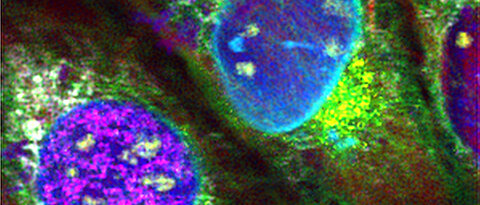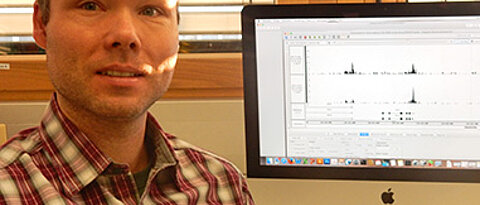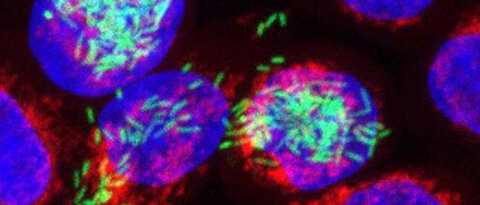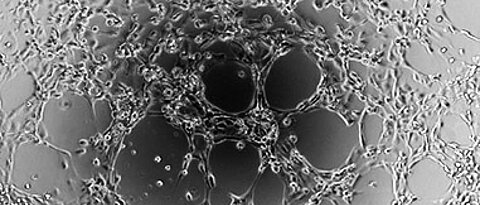Four ERC Starting Grants for Uni Würzburg
02/05/2016![[Translate to Englisch:] Von links oben im Uhrzeigersinn: Christian Schneider, Viktoria Däschlein-Geßner, Grzegorz Sumara, Barbara Händel (Foto: Uni Würzburg). Christian Schneider, Viktoria Däschlein-Geßner, Grzegorz Sumara, Barbara Händel](/fileadmin/_processed_/c/0/csm_erc-starters-2015_9db0971fc6.jpg)
Four scientists from the University of Würzburg are receiving "Starting Grants" from the European Research Council (ERC). The ERC awards the grant to excellent up-and-coming researchers. The scientists each receive 1.5 million euros for their work.
more











